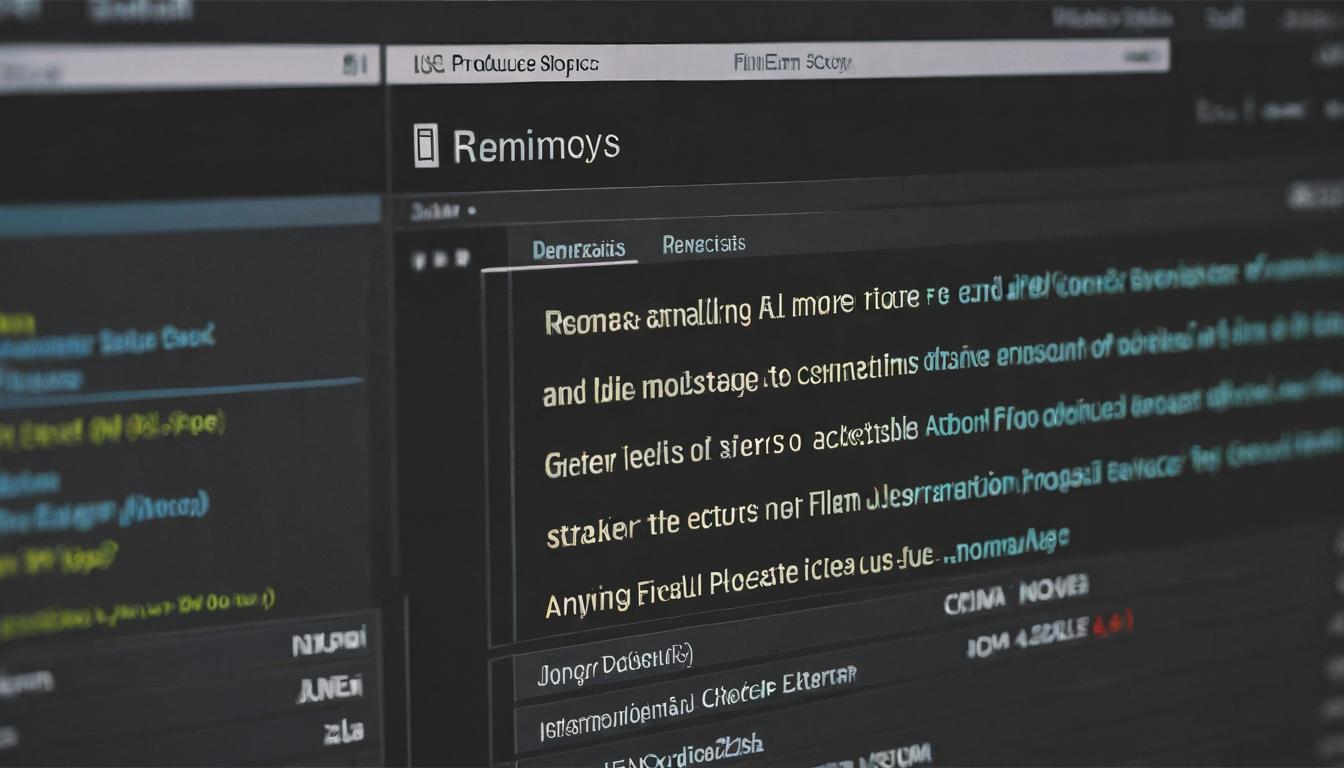In the darkened theater, while audiences marvel at breathtaking visuals and compelling performances, another artist works in the shadows—the film composer. These musical architects have evolved from mere background accompanists to essential storytellers, their scores becoming characters in their own right. The transformation of film scoring from functional underscore to narrative force represents one of cinema's most significant yet underappreciated revolutions.
Contemporary composers like Hildur Guðnadóttir, whose cello-based score for Joker became the character's audible psyche, demonstrate how music now drives narrative rather than merely supporting it. Her approach—recording in abandoned psychiatric hospitals to capture the right acoustic atmosphere—showcases the meticulous craftsmanship behind today's most memorable scores. This isn't background music; it's foreground psychology.
The digital revolution has democratized film scoring in unexpected ways. Where once only major studios could afford full orchestras, now composers working from home studios create orchestral-quality scores using sample libraries and digital audio workstations. This accessibility has led to an explosion of diverse voices in film music, from Nicholas Britell's hip-hop influenced Succession theme to Ludwig Göransson's fusion of traditional and electronic elements in Black Panther.
Streaming platforms have created new opportunities and challenges for composers. Series like Stranger Things and The Crown feature scores that develop over multiple seasons, allowing for musical themes to evolve alongside characters. However, the binge-watching model means composers must create hours of music under tight deadlines, often working on multiple episodes simultaneously.
The most innovative film scores today often defy genre classification. Jonny Greenwood's work with Paul Thomas Anderson blends classical minimalism with experimental rock, while Trent Reznor and Atticus Ross bring their electronic sensibilities to traditional narrative filmmaking. These cross-pollinations create sonic landscapes that feel both familiar and entirely new.
Film music preservation has become increasingly important as scores face the threat of being lost or altered. Many classic films have had their original scores replaced for various reasons, from copyright issues to director's revisions. Organizations and archivists work tirelessly to preserve original recordings and sheet music, recognizing that these works are cultural artifacts worthy of protection.
Video game scoring has emerged as a parallel frontier where composers experiment with interactive music that responds to player choices. This dynamic approach to composition is beginning to influence linear media, with composers exploring how to create scores that feel equally responsive to narrative tension.
The business side of film composing remains notoriously challenging. Most composers work as freelancers, navigating complex contracts, tight deadlines, and the constant pressure to deliver exceptional work. Yet despite these challenges, the field continues to attract talented musicians drawn to the unique marriage of art and storytelling.
Film music criticism has grown into its own specialized field, with websites and podcasts dedicated solely to analyzing scores. These critics examine everything from thematic development to orchestration choices, treating film scores with the same seriousness traditionally reserved for concert hall music.
As we look to the future, artificial intelligence presents both opportunities and threats to film composers. While AI can assist with mundane tasks like mock-ups and transcription, the human element—the emotional intuition that separates great scores from merely competent ones—remains irreplaceable. The best composers understand that film scoring isn't about writing great music; it's about writing the right music for the moment.
The next time you watch a film, try this experiment: close your eyes during a key scene and listen. You might discover that what you thought was visual magic was actually musical alchemy, transforming images into emotions and dialogue into destiny. The composers working in cinema's sonic shadows deserve to step into the light—their art is too powerful to remain unheard.
The unsung heroes of cinema: how film composers are reshaping storytelling

